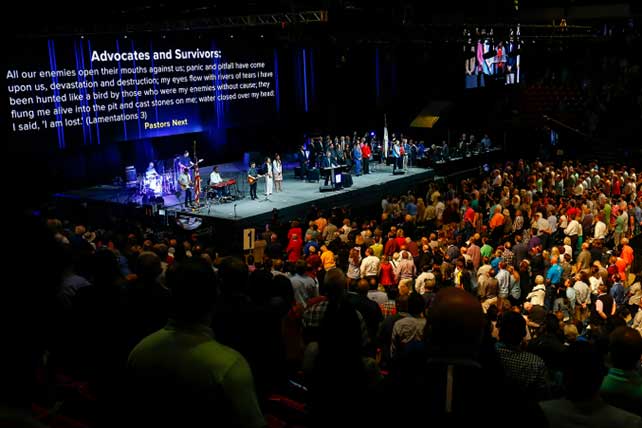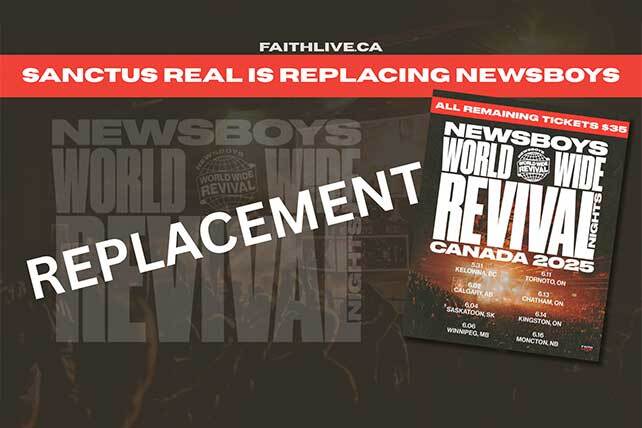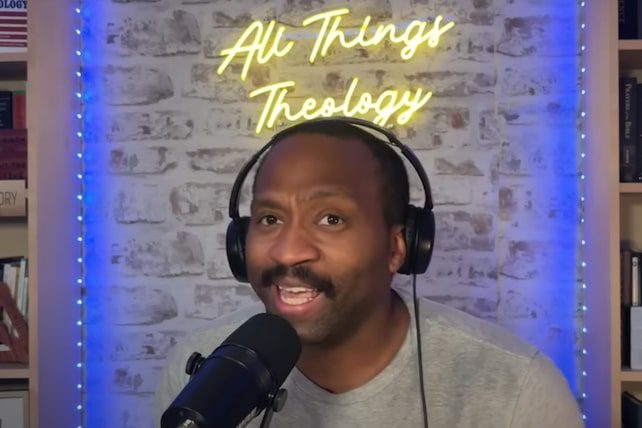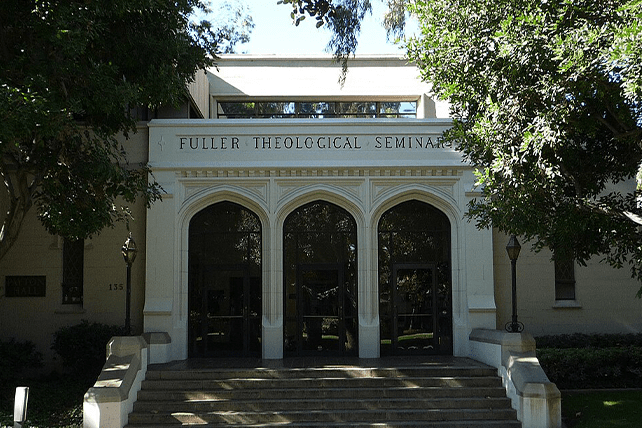(RNS) — Gareld Duane Rollins, whose lawsuit accusing a legendary Southern Baptist leader of abuse sparked a crisis in the nation’s largest Protestant denomination, died Friday (May 23).
“The abuse he suffered by those touting their religion is unimaginable,” said Michael Goldberg, an attorney for law firm Baker Botts, which represented Rollins. “This could not have happened if not for supposed good people keeping quiet. There are no innocent bystanders.”
News of Rollins’ death was first made public by journalist Robert Downen, who had covered Rollins’ lawsuit against Texas judge Paul Pressler, an influential Southern Baptist Convention lay leader, for years.
RELATED: Former SBC Leader and Accused Sexual Abuser, Paul Pressler, Dead at 94
Downen, a senior writer for Texas Monthly, said Rollins, who had long suffered from health issues and was in his late 50s, had been in hospice care the last time the two had talked. Still, his death came as a shock.
“His life was cut short just as he was freeing himself from the thing that had defined him for so long,” Downen said.
The two had met by happenstance. Downen had been working at a courthouse as a reporter for the Houston Chronicle when he came across a notice about a filing in Rollins’ lawsuit against Pressler. It would lead to years of reporting about the case and abuse in the SBC.
Downen said Rollins was a person of deep faith, which sustained his long battle to recover from abuse. His story was also complicated — Rollins had dealt with addiction for years and had served time in prison, and few people believed his story of abuse at the hands of a powerful faith leader.
But he shared his story with Downen, starting in 2019.
“He really trusted me — when there were all the reasons in the world to be totally distrustful,” Downen said.
In 2017, Rollins sued Pressler, who died in 2024, alleging years of sexual abuse by the judge, who had been Rollins’ mentor and Bible study teacher. Rollins also alleged that church leaders knew of the abuse and covered it up to protect Pressler’s reputation. During that lawsuit, Rollins revealed he’d sued Pressler in 2004, claiming Pressler assaulted him at a hotel room, and that Pressler had agreed to pay $450,000 to settle the suit.
Rollins sued for a second time after Pressler reneged on the settlement, alleging that the judge had begun sexually abusing him as a teenager.
RELATED: Southern Baptists Settle Abuse Lawsuit Against Legendary Conservative Leader Paul Pressler
“According to Rollins’s suit, Pressler began molesting him after they met at a Bible study group led by Pressler,” reads a description of the abuse allegations in a Texas appeals court ruling. “Pressler told Rollins that the sexual abuse was divinely sanctioned but needed to be kept secret because only God would understand it.”
By the time Rollins came forward with abuse allegations, the civil statute of limitations had run out and his lawsuit was dismissed by a lower court. But the Texas Supreme Court overruled in 2022, after Rollins’ lawyers successfully argued that trauma from abuse had suppressed Rollins’ memories for years.
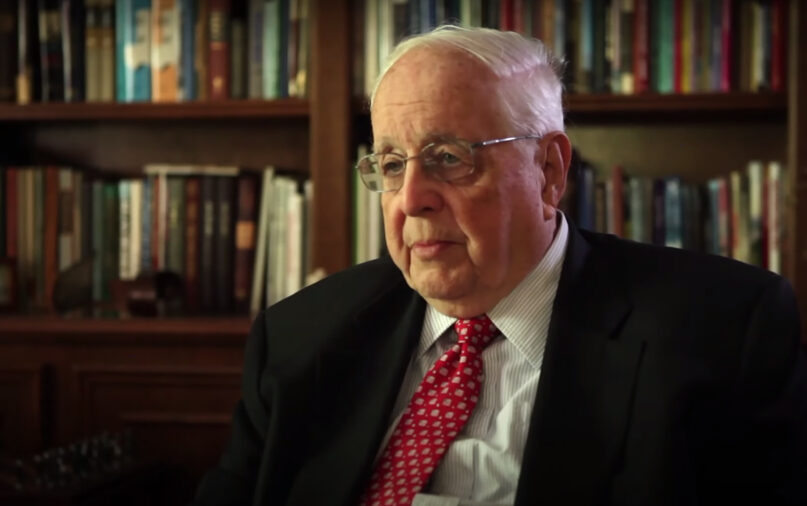
Paul Pressler in a video from 2015. (Video screen grab)
The lawsuit, which was settled in 2023, undermined much of the mythology that had grown around Pressler during the so-called conservative resurgence — a long-running feud in the SBC that pitted conservatives against moderate Southern Baptists and raged for years. Pressler was one of the key architects of the resurgence and was long known as a GOP activist who railed against what he saw as the moral decay of America.

